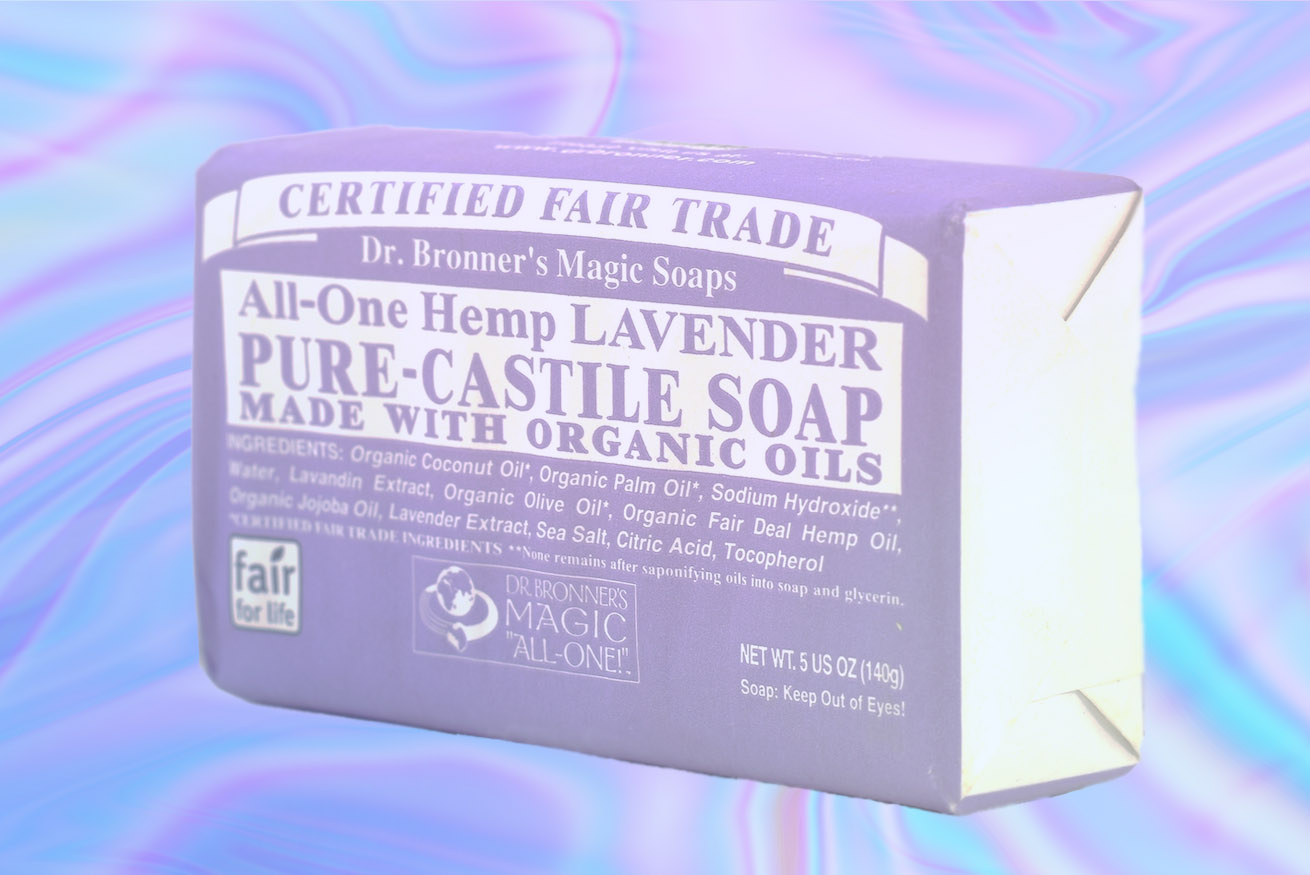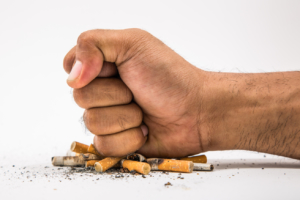
Dr. Bronner’s Magic Soaps continues to embrace its reputation as a peace-preaching, psychedelics-backing company by offering free ketamine-assisted therapy to benefits-eligible employees.
The Vista, California-headquartered organic soap producer instituted the atypical healthcare perk earlier this year to support mental and spiritual wellbeing, according to an article published in Monday’s New York Times which profiled founder Emil Bronner’s grandsons, David and Michael Bronner.
“Let’s face it, the world would be a far better place if more people experienced psychedelic medicines,” David, the company’s C.E.O. (Cosmic Engagement Officer), said.
What might be a shocking offering from any other company pulling in $170 million in annual revenue seems par for the course for Dr. Bronner’s, which has been known to use the label on its soap to advocate for world peace as well as shine a spotlight on the healing powers of psychedelic-assisted therapy when combating issues ranging from depression and end-of-life anxiety to addiction and post-traumatic stress syndrome.
“Considering all our advocacy on this issue, this employee benefit is the next logical step,” company president Michael Bronner said in a tweet. “I don’t want to oversell ketamine therapy as a miracle cure, but it just stripped the rust away, gave me a reset and got me to a really good space,” he added.
Over the past decade, Dr. Bronner’s has funded psychedelic studies, supported drug policy reform, and launched a multi-million-dollar ad campaign aimed at making hallucinogenic healing more palatable to customers. It directed $6 million to the research and advocacy group Multidisciplinary Association for Psychedelic Studies (MAPS) and pledged $3 million more to come over the next three years. According to the Times report, Dr Bronner’s has donated over $23 million in total since 2015, advocating for everything from ketamine, peyote, psilocybin, and MDMA to cannabis.
“When it comes to corporate philanthropy, you’d be hard-pressed to find another company with the courage to publicly back an end to the war on drugs,” MAPS founder and executive director Rick Doblin said.
Despite profitability and a growing revenue stream, Dr. Bronner’s has thus far resisted the temptation of selling out to any of the billion-dollar corporations that have gobbled up independent natural brands like Burt’s Bees and Tom’s of Maine. The Bronners get plenty of offers, apparently, but never even consider them. “If we cashed out, we’d be less effective as a charitable engine,” David told the Times.
And effective they are. Dr. Bronner’s gives away up to 45 percent of its profits (around $8 million) each year to charitable endeavors, according to company reports. From fair wages to psychedelic perks, the company is also renowned for how well it treats its 300 employees. For instance, Dr. Bronner’s has salary caps for top executives. No one may earn more than five times the company’s lowest-paid worker with at least five years of experience. That means even Bronner heirs Michael, David, and their sister Lisa—who promotes the company’s work on environmental sustainability and fair-trade—are capped out at around $300,000 per year. Dr. Bronner’s also offers employees up to $7,500 in annual child-care assistance, 10 percent bonuses, and even free back massages and vegan meals on the job—and that’s in addition to the free ketamine-assisted therapy.
Though the profile saw Michael and David speak highly of the healing power of psychedelics, one C-Suite Bronner did seem a bit more skeptical. “I had friends who did the trippy stuff, and it wasn’t always good,” Trudy, the kids’ 79-year-old mom said. “On the other hand, this country has a lot of mental health issues that need to be addressed,” the PTA president turned Chief Financial Officer of North America’s largest natural soap brand added.




![MindMed Patents 18MC? A new Psychedelic ETF? [ Plus more MMED/MMEDF, LOBE, CYBIN & COOL Updates]](https://psychedelicspotlight.com/wp-content/uploads/2022/06/maxresdefault-88-600x338.jpeg)
